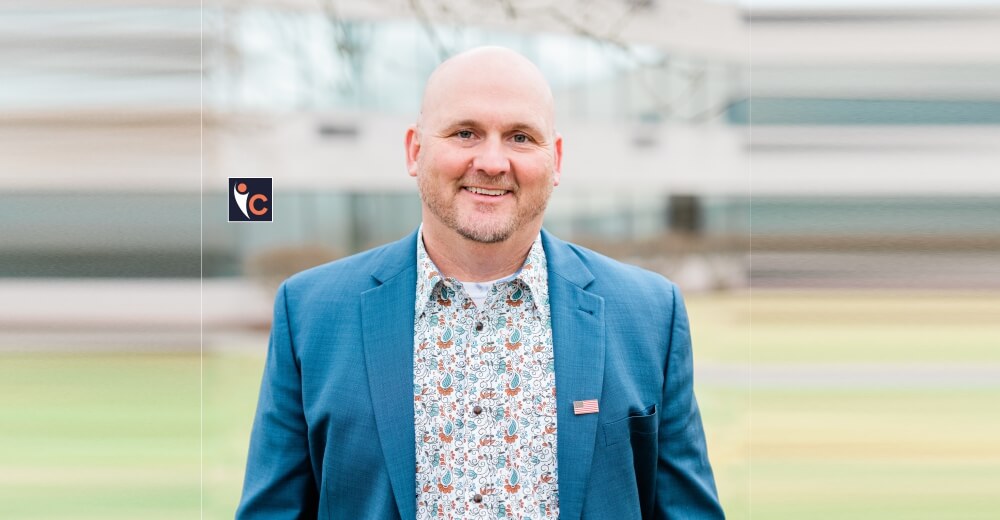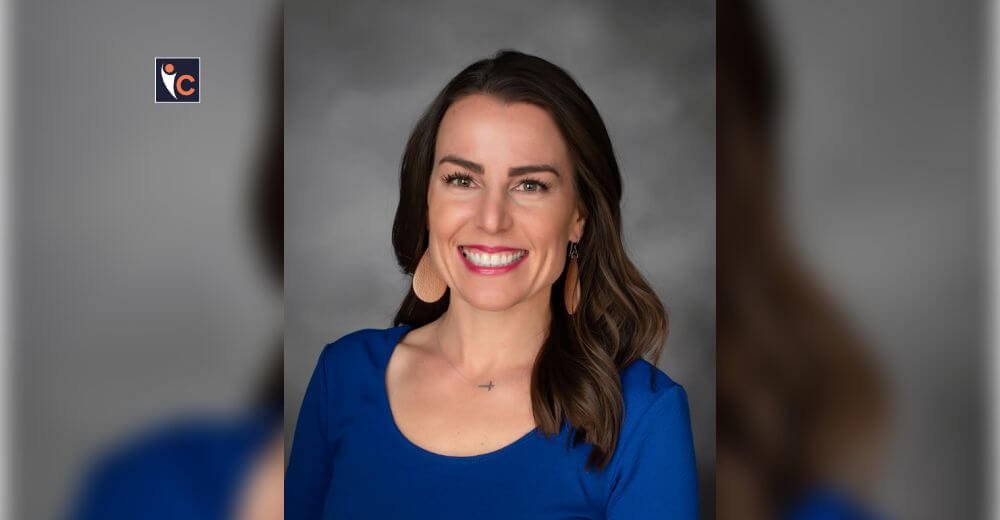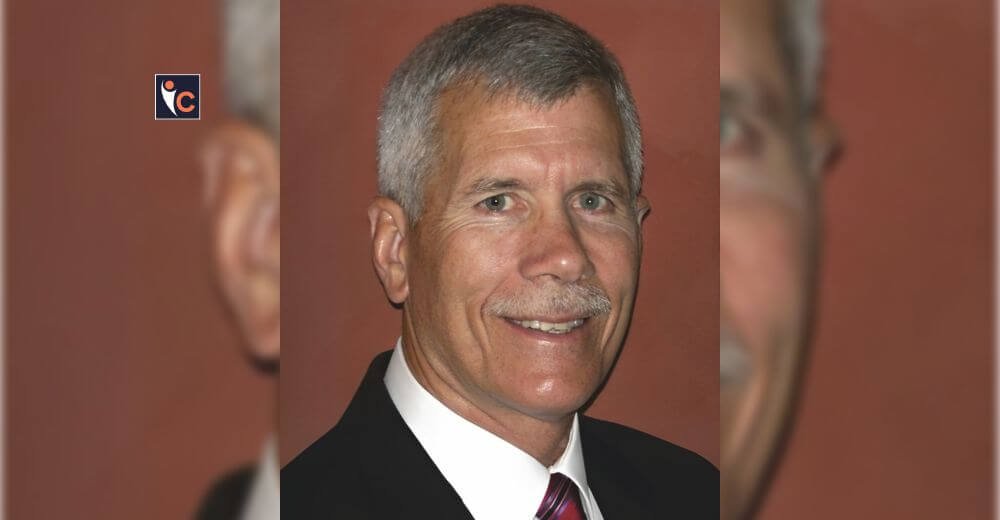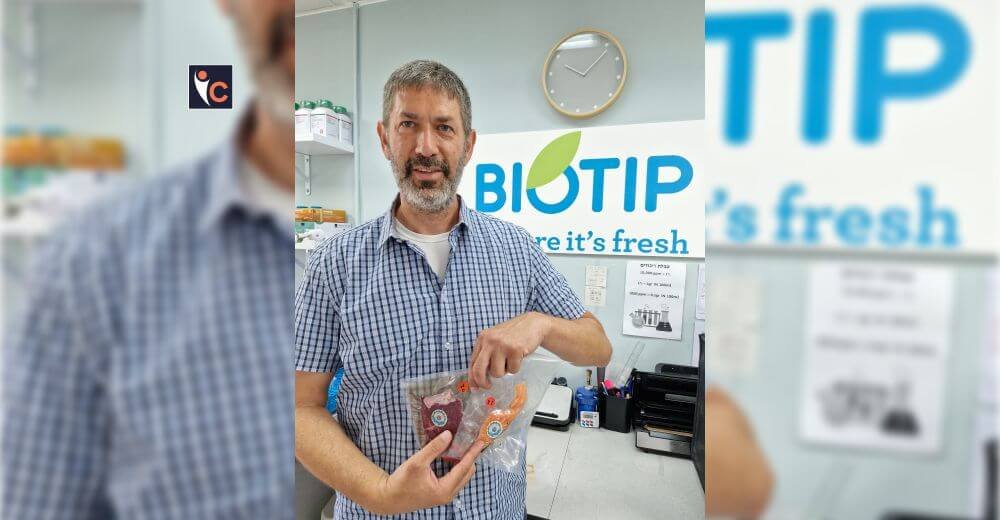Individuals struggling with substance use disorders need a supportive and healing environment. Gateway Rehab offers a caring space that acknowledges the worth of each person’s life. Embracing a philosophy rooted in compassion and commitment to recovery, Gateway Rehab ensures that everyone, irrespective of their insurance coverage, receives the support they need.
Established in 1972, Gateway Rehab is a nationally recognized, private, not-for-profit organization dedicated to treating adults, youth, and families struggling with alcohol and other drug dependencies.
Taking charge of Gateway Rehab is James Troup, an experienced leader with extensive experience in strategic management and healthcare executive leadership. As the President and CEO, James actively shapes the addiction treatment landscape by fostering collaboration with community stakeholders, strategic partners, government entities, and the entire Gateway Rehab team.
Gateway Rehab’s commitment to a service-oriented culture places a strong emphasis on communication and continuous improvement for patients.
Our recent conversation with James provided valuable insights into Gateway Rehab’s pivotal role in shaping the recovery industry.
Provide an overview of your professional background and what inspired you to venture into the recovery industry.
I have a lifetime of experience in healthcare. Former positions I’ve held include Vice President of Pediatrics for Allegheny Health Network, CEO of Pediatric Alliance, and before that, Executive Vice President of Strategic Planning and Business Development for Gateway Rehab. I was grateful to have the opportunity to return to the organization that I had worked with early in my professional career.
Behavioral health has been declining in our country for years. There continues to be stigma surrounding those suffering, as well as their families, and there continues to be several barriers to access quality treatment for everyone. That is what drives me to the work that we do at Gateway Rehab. Our team is dedicated to helping to shape the addiction treatment industry and making a real impact on recovery in our communities. We need strong organizations to answer the call for help. Gateway Rehab is committed to being a part of the solution.
Brief our readers about Gateway Rehab. Highlight its mission in the rehabilitation industry.
Gateway Rehab has been serving the community for over 50 years, opening its doors in 1972 under the leadership of our founder and longtime medical director, the late Rabbi Dr. Abraham Twerski. We are a regional nonprofit organization and remain true to our roots, and our mission, to help all those affected by addictive diseases to be healthy in body, mind, and spirit.
With the staggering statistics that we continue to hear regarding the opioid epidemic and the knowledge that alcohol kills more people than any other drug, we have a lot of work to do. Today, Gateway Rehab operates in 19 locations throughout western PA and provides a full continuum of care to our patients. Programs include withdrawal management, acute and extended inpatient treatment, outpatient counseling, community-blended housing, peer recovery support, and telehealth counseling. We have also recently established a specialized co-occurring program to provide mental health and addiction services under one roof.
What is the philosophy that drives and motivates employees at Gateway Rehab?
An individual diagnosed with substance use disorder is recognized not only as a being of uniqueness, dignity, and worth; but also, as one with the capacity for personal growth, responsibility, self-determination, and sustained wellness.
This also drives our team’s belief that recovery from addiction involves healing of all dimensions of a person – physical, intellectual, emotional, social, vocational, and spiritual – and demands ongoing commitment. The role of the staff is to provide an atmosphere that facilitates this process and supports all pathways to recovery. Treatment is not one-size-fits-all.
Shed some light on your roles and responsibilities as President and CEO at Gateway Rehab. How has the organization evolved under your leadership?
As CEO of Gateway Rehab, I’m setting the strategic direction of the organization, overseeing day-to-day operations, managing financial resources, building partnerships with stakeholders, ensuring compliance with regulations, and cultivating a positive organizational culture. Additionally, I’m involved in fundraising, advocacy, and representing the organization in various forums.
Over the last three years, I’ve been very proud of the organization’s growth in both reach and impact. Expanding our footprint through the acquisition of Greenbriar Treatment Center in 2022, opening a new location for women, developing a new program serving individuals with co-occurring diagnoses, and advancing our telehealth services including tele-psychiatry, are a few of the ways we have expanded in a short amount of time.
How does Gateway Rehab ensure the safety and well-being of its patients?
We take safety, and peace of mind for loved ones, very seriously. Through recently awarded county funding in Beaver, Washington and Westmoreland Counties, we are now able to purchase and install scanners that will assist in the detection of illicit substances and other restricted items prior to admission at our residential treatment programs. Once in our programs, we provide on-site security, 24-hour nursing, and in-house medical and psychiatric teams.
Additionally, we work with local partners to meet non-treatment needs and support holistic care. Our partners in the community help us to offer HIV/Hep C/STD testing and education, legal assistance while in treatment, trauma counseling, smoking cessation, parenting classes, vocational training, volunteerism, plus more.
How does Gateway Rehab measure the success of its treatment programs? Can you share any success stories or testimonials from former patients?
We believe in the programs we provide and the importance of how we measure success. Our team recently adopted the use of the Treatment Effectiveness Assessment (TEA), which is an efficient, patient-centered instrument for evaluating progress in recovery from addiction. This tool will afford us the ability to understand patients’ progress in treatment from their perspectives and identify trends, opportunities, and outcomes. We’re committed to applying the TEA and I look forward to seeing data as it collected this first year.
Informally, one of the great things about our history in this region is how often we get to reconnect with individuals and families that have gone through Gateway’s programming. Our website features several shared recovery stories. One features Gayle. Gayle is our Continuing Care Counselor and helps just about every patient that walks in our doors. Gayle’s connection to our organization, however, did not start with her position now, but as a patient. Gayle came to Gateway over 30 years ago, shortly after began to volunteer at the program, and soon transitioned to full-time employee.
What advice would you give to young professionals who wish to work in the recovery industry?
Young professionals entering the behavioral healthcare field should prioritize self-care and developing strong communication skills. We often work with interns and staff in need of clinical supervision for licensure; and we’ve seen the most success in these team members when they welcome continuous learning and understand the importance of community. All team members though, no matter their tenure, should promote collaboration with interdisciplinary teams and resiliency in the face of challenges. This is a challenging field, but one that comes with so much to celebrate too. We need to be a team first to achieve this.
How do you plan to continue improving and expanding Gateway Rehab’s services in the future?
Our expansion and growth will align with the community’s needs. In 2024, we will be opening a new inpatient program for adolescents, further developing our telehealth services for better access and improved quality, and expanding inpatient and halfway house beds. More generally, we will also be focusing on our strategic priorities outlined for the next couple years. More can be found about this on our website under Leadership.










